Tarikh Tana (Our History) Episode 1: What makes a chief? The changing role of customary authorities
This show is brought to you under the South Sudan National Archives Project, supported by Norway and implemented by UNESCO in partnership with RVI, and in collaboration with the Ministry of Culture, Youth and Sports. The first Tarikh Tana (Our History) radio show in this second series will focus on What makes a chief? […]
ثورة العيش
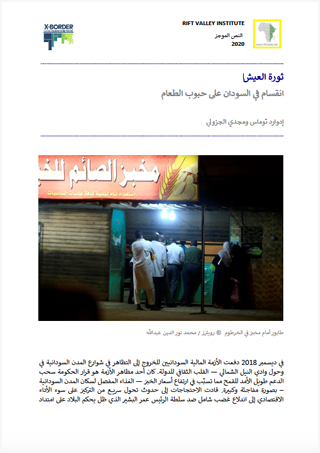
This briefing is also available in English.
‘No one can stay without someone’
Over the last 50 years, the various conflicts afflicting South Sudan have caused massive displacements of people. Latest estimates suggest there are more than 1.5 million internally displaced people (IDPs) within the country’s borders, with another 2.2 million refugees displaced outside the country, as a result of the most recent conflicts. Policymakers generally see these populations […]
Sudan’s Grain Divide: A revolution of bread and sorghum
This briefing unpacks the connected political and economic crisis that reached a climax in early 2019 through the contrasting but connected worlds of Sudan’s bread and sorghum eaters. Its conclusion presents the limited options available to the as yet unelected technocratic government. This briefing is a product of the X-Border Local Research Network, a […]
Mobilization and Resistance in Sudan’s Uprising
RVI Fellow Magdi el-Gizouli’s briefing examines the forms of popular resistance and organization that emerged within Sudan’s uprising in 2018-19. He considers whether the new transitional government, which must balance the interests of Sudan’s different social groups, will be able to satisfy the demands of the country’s more radical constituencies.
The political market place in South Sudan: Pathways to economic recovery
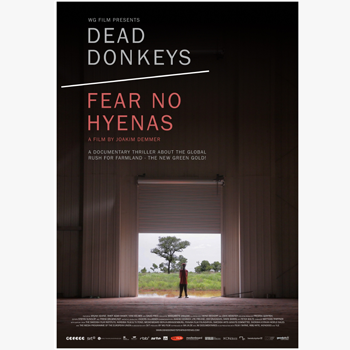
Since hostilities began in South Sudan in 2013, over 3.5 million people have fled their homes, of which 1.8 million have sought refuge from violence and food insecurity in neighbouring countries. A National Dialogue, launched in May 2017, has seemingly not yet managed to reduce the intensity of the violence, while the country’s economic situation […]
Book Launch: First Raise A Flag
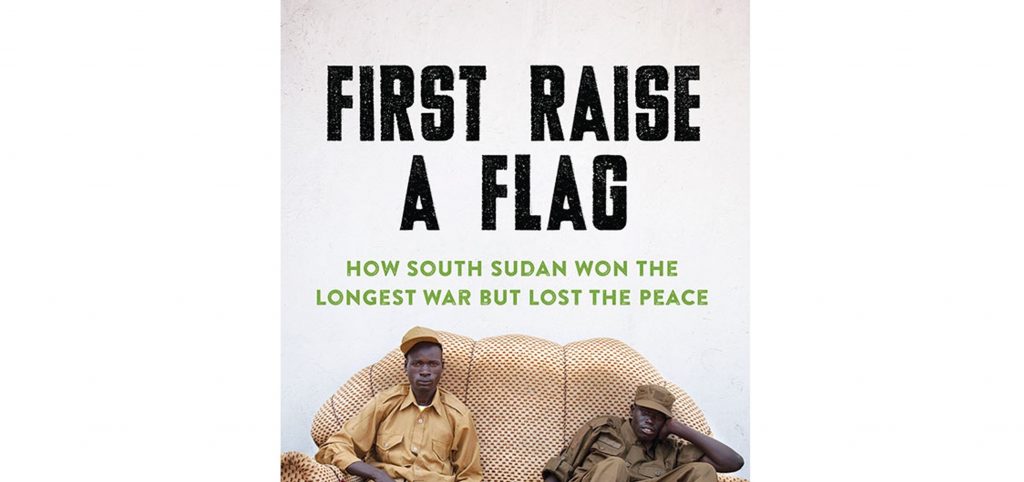
South Sudan recently celebrated a new peace deal, hoping to bring an end to a conflict that has killed hundreds of thousands of people since 2013. However, with a number of peace deals being signed in the past, with limited success, some remain sceptical of the ability of the new agreement to hold. On 7 […]
Conflict Economies on South Sudan’s Borders
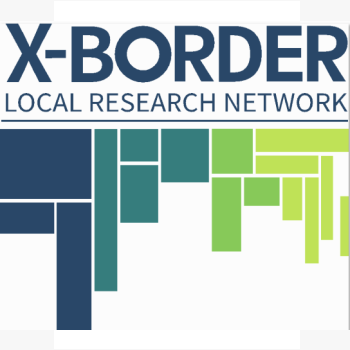
South Sudan’s warring parties signed a new peace deal in September 2018, hopefully bringing peace after a protracted and factionalised conflict that began in December 2013. International attention has focused on these elite political rivalries and deals, and their repeated mobilisations of armed recruits and militias throughout the conflicts. There has been little attempt to […]
The Struggle for South Sudan
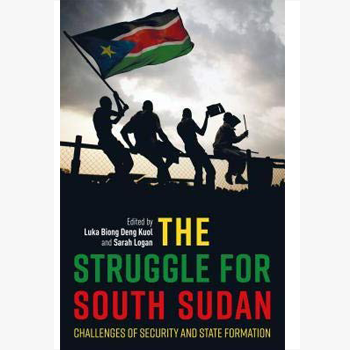
South Sudan, the world’s youngest country, has had a turbulent start to its existence as an independent nation. Although fighting has reduced in most parts of the country since the revitalised peace deal in September 2018, conflict and violence continue. More than four million people have been forced to flee their homes, 200,000 of […]
Letter from Isoke No 1: How do you study when there’s nothing to eat?
A new term starts at St Augustine’s School in Isoke. So far the teaching staff comprises only the Head Teacher and myself. Pupils trickle in—about 25 have registered by the end of the first week—but many from around Isoke do not bother. At the school there is a general feeling that nothing much is going […]
